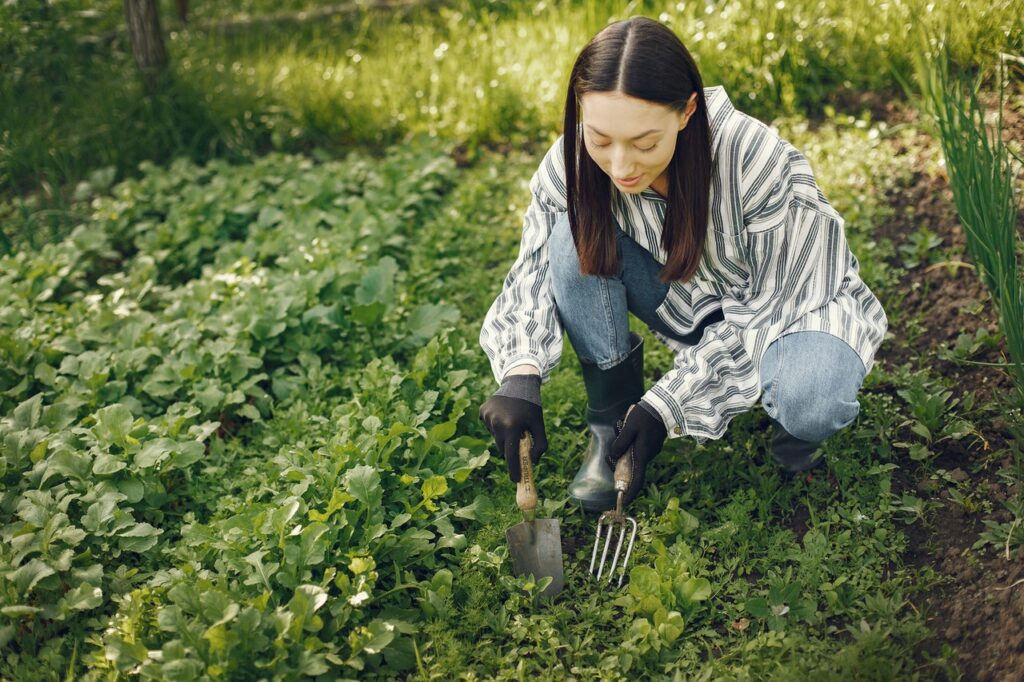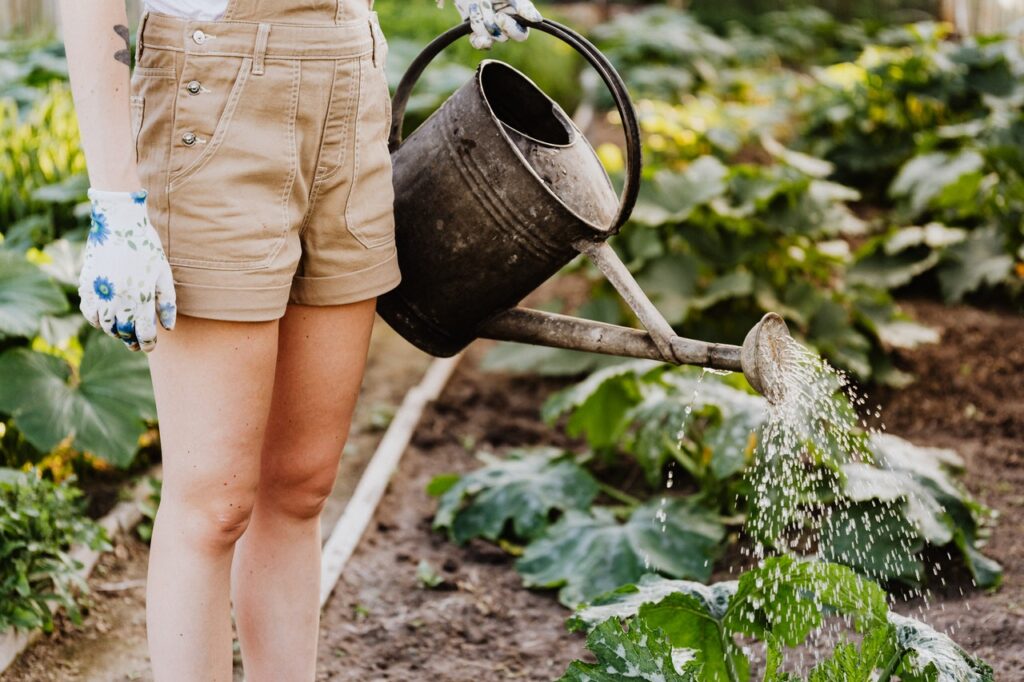Have you considered using agronomy services but are not sure if they are really necessary for your business? Or, have you heard this technical terminology thrown around but you’re not sure what to make of it?
We’ll deal with the latter first before considering the former. The modern meaning of agronomy generally refers to the application of soil science in the cultivation of crops, whether that’s in a major agricultural project, a small holding, an urban farm, allotment or even simply your back garden.
Whether you are cultivating crops for a living or you simply have a few oversized marrows growing out back, you’ll want to make sure that you are getting the best yield you can. This means thinking carefully about growing conditions and ensuring that your crops have everything they need to be healthy and to thrive in their environment.
Unfortunately, not everything always goes to plan. Sometimes, it is best to reach out to experts for assistance in order to ensure your plants, fruits and vegetables are thriving. With that in mind, here are 5 signs that you need agronomy services for your allotment.
Disease Or Pests Are Killing Your Plants
Let’s imagine the worst-case scenario first. You have spent some serious time planting your crops and cultivating them. Then, all of a sudden, you notice that they are starting to wilt and some are dying. You simply cannot understand how this has happened and it is starting to spread. It’s also starting to upset you.
This may well be down to bugs or pests. As Dejex, who offer horticulture agronomy services (find out about them via the link) explain, it’s aphids who are the main culprits in UK farms. They warn that aphids ‘’have immense adaptive skills and can hit it off in almost any environment.’’
Fortunately, Dejex also advise that ‘’One good thing about these pests is that they spread slower than others, making it easier for you to curb them.’’
Usually, this curbing is best achieved in the hands of a professional agronomy service, ensuring minimum damage to your crops and soil.

Your Plants Are Not Growing As You Would Like
No matter what you are growing, you want the plants to thrive in their environment and grow to be strong and healthy. But, if you are disappointed with the way your plants are growing, something might be going wrong. Perhaps the soil is not providing the plants with everything they need and this is stunting their growth. This calls for using a fertiliser, which can give your plants the nutrients to flourish.
But, this sounds like an easier task than it is. Namely, different crops require soil with distinctive, specific pH levels, and there are so many fertilisers out which can affect those levels somewhat irresponsibly.
Most garden centres sell pH testing kits cheaply – above 7.0 pH and your soil is alkaline, below and it’s acid. Generally speaking, 6.5 is the ideal pH for all-purpose growing.
When the pH is very acidic (below 5.0 ish), most nutrients in the soil become unavailable to crops. Many keen urban gardeners remedy acidic soil by adding lime to it. On the flip side, a soil which is too alkaline causes certain nutrition deficiency in crops, too. Adding an acidifying element, like sulphur or iron sulphate, can remedy this. Generally speaking, it’s best to leave such soil adjustments in the hands of the experts.

You Need Help With An Irrigation System
If your allotment is entering an ambitious new phase and you’re considering setting up a new irrigation system, then, firstly, good luck! We respect your vision.
Introducing proper irrigation is a statement of intent, sure, but can be an important way to ensure that all of your crops receive enough water during the year. In particular, this is going to be essential during the warm summer months.
That said, it can be difficult to choose the best irrigation system and they can be set up in different ways, depending on your soil and the crops you’re growing. This is where horticulture agronomy services come in. You can have a professional team help you with the sometimes intricate and complex design.
You Are Curious About Biopesticides
Are you considering using biopesticides on your allotment but perhaps don’t have sufficient expertise to deploy them effectively? Essentially, these are pesticides that are made from natural materials, such as animals, plants, bacteria and certain minerals, which generally ensures they’re much safer to use and less harmful on the environment, too.
Fortunately, there are lots of natural methods available to prevent garden pests that don’t involve the use of harsh chemicals, including setting up physical barriers, diversifying your plant selection, and boosting the immune system of your plants organically. Check out these tips on ways to prevent garden pests efficiently for more on that.
Read: How to make your garden more eco-friendly today
You Want To Improve Your Crop Yield
Does your allotment’s produce have the potential to be turned into a profitable side hustle? This means that growing is more than just a hobby; it could contribute to your livelihood. You need to make sure that you are achieving the best results in order to make money. If you are in a position where you want to improve your crop yield, horticulture agronomy services can be a worthwhile investment.
A professional can analyse your land and how it’s performing (and what needs improving). Then, they are able to provide you with personal advice on what you can do to make everything better. This can help you build a better understanding of your business and to consider angles you have never thought about before. This can be exactly what you need to improve your crop yield and enjoy a growing business.
And with that, we’re off to water our garden!





